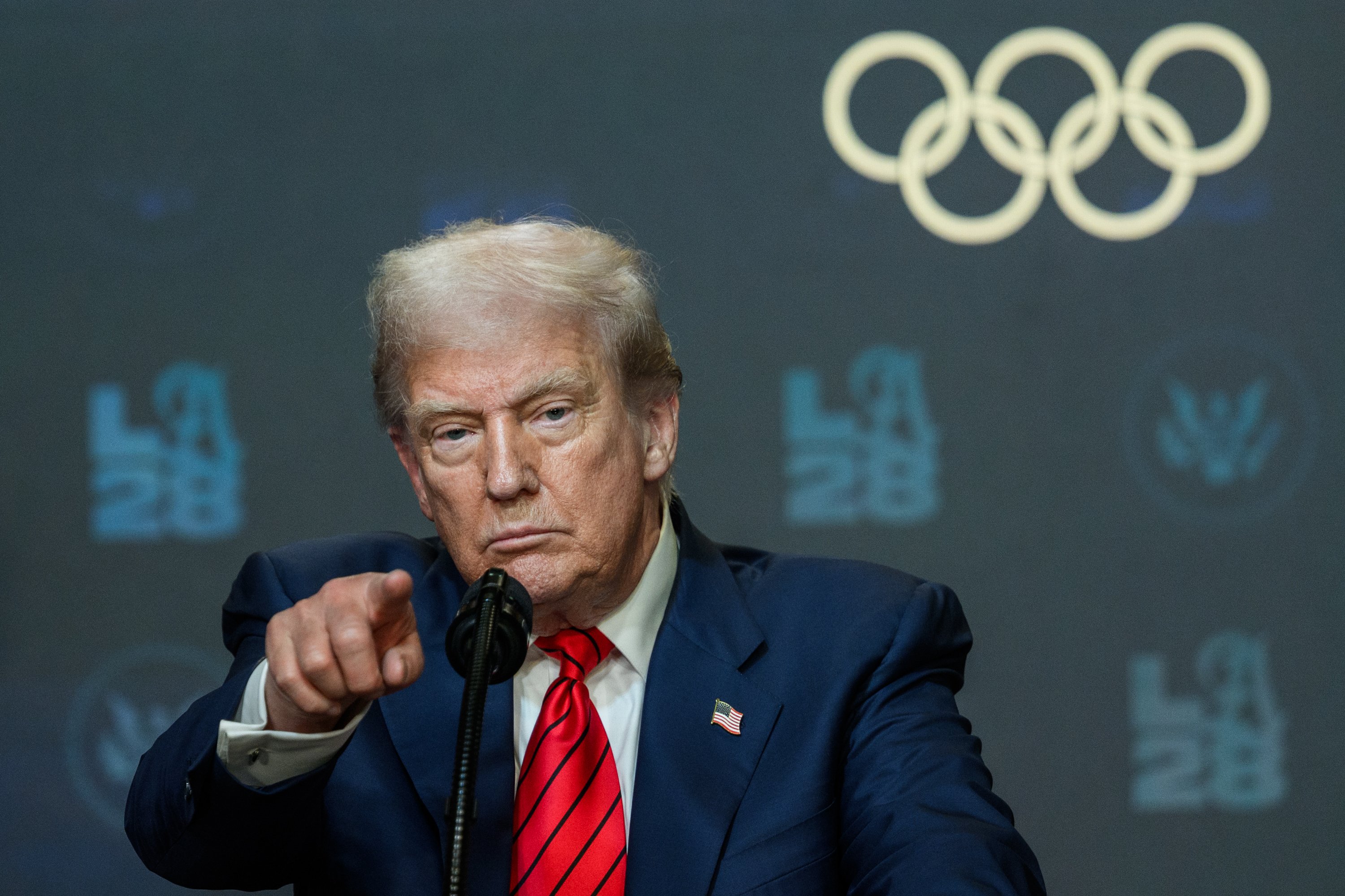It's been about six weeks since President Donald Trump announced his reciprocal tariff plan. And while most of the proposed tariffs have been put on pause to allow trade negotiations to proceed, baseline tariffs remain in place, and many experts believe they will be a generally negative catalyst for the American consumer, and the economy in general.
Two key viewpoints shared by many economists are that tariffs will end up causing inflation to rise just as the Federal Reserve got the last wave of inflation largely under control, and that price increases will be passed on to the consumer.
On the latter point, this seems to be the case, at least to some extent. For example, Walmart (WMT +0.49%) recently said that it will be forced to start increasing prices on imported goods because of tariffs. However, we have yet to see if tariffs will cause broad and significant inflation, and not all experts agree that they are going to be a negative for the economy.

Image source: Getty Images.
Cathie Wood's contrarian tariff viewpoint
Notable tech investor Cathie Wood, who is the head of ARK Invest, was recently interviewed on Bloomberg Television and gave some contrarian views.
Instead of tariffs being restrictive, Wood sees them as a negotiating tactic that could ultimately lead to a "freeing up of markets." She specifically cited the recent trade deal with the U.K., which eliminated trade barriers such as high tariffs on U.S. meat, poultry, and dairy products. It also expanded U.S. market access in the U.K. and reduced auto tariffs on U.K. car manufacturers. In short, it was a win-win agreement for both economies.
Wood went so far as to say that if deals like this continue to be made, it's effectively a tax cut for Americans. She said that agreements like this make international trade a "two-way street."
She said that the technology and healthcare sectors could be particularly big beneficiaries of an expected wave of trade deals.
In addition to her contrarian take on tariffs, Wood also disagrees with many experts when it comes to the U.S. budget deficit. She believes that the solution is innovation and economic growth, which will allow the U.S. to "grow its way out of the deficit."
Will we see new trade deals soon?
There is currently a 90-day pause on Trump's "Liberation Day" tariffs, leaving a 10% baseline tariff in effect while trade negotiations take place. We've recently seen news that other nations, such as India, could be close to finalizing trade agreements with the United States. The pause on reciprocal tariffs extends into July, so there's quite a bit of time to get deals in place.
If we see trade deals start to be announced, it could certainly be welcome relief to U.S. investors, businesses, and economists. However, this is a rapidly evolving situation, and there's no way to know whether Wood will be right about the long-term benefits, or if tariffs will end up being little more than an inflation catalyst, as many others believe.






